Most of the United States has legalized the medical use of cannabis and cannabis-derived medications at the state level. Surveys show that at least 85% of Americans believe that legalizing medical marijuana would be good for the country. Many countries in Europe have or are pursuing full legalization of marijuana, for both medicinal and recreational use. Cannabis remains illegal at the federal level.
This federal illegality makes it hard for scientists to research the realistic outcomes of medical cannabis use, as federal research grants are crucial in scientific research efforts. Still, the research and data we have available indicate that marijuana presents major possibilities in creating more effective treatments for certain ailments like multiple sclerosis. Let’s examine ten benefits of medical marijuana that might surprise you.
Determining what belonged on this list was a difficult task as the research on medical marijuana is limited and many of the purported effects are primarily from anecdotal surveys. So, we combed through the currently available research and looked at the various conclusions that scientists have reached in their studies of the effects of medical cannabis on the body.
However, we emphasize that these studies are limited and the research is relatively new. Thus, these conclusions are constantly evolving and changing in the current landscape. We did our best to source the specific, peer-reviewed studies that contained the evidence for each benefit of medical marijuana. (Want to learn more about this topic? Check out our article Separating Fact from Fiction About Marijuana.)
Changes to Immune Function

One of the things people don’t realize can happen is that cannabis can affect your immune system. Something we discovered when we started researching marijuana’s effects on the body was the endocannabinoid system.
We have chemical structures in our bodies that are structurally similar to the chemicals found in marijuana. Our bodies use certain receptors present in different parts of the body to process these chemicals and use them to regulate different bodily functions. One system that the endocannabinoid system regulates is the immune system.
There are two types of cannabinoid receptors, referred to as CB1 and CB2 receptors. Immune tissues contain a bunch of CB2 receptors and these receptors help control immune function and have a hand in intestinal inflammation, contraction, and the pain associated with inflammatory bowel conditions.
Changes to Immune Function

Unlike the CB1 receptors found in the brain and other places, CB2 receptors don’t cause a psychoactive high when you activate them with cannabinoids. Activating the CB2 receptors can suppress the immune system’s functions, which sounds really bad in theory.
However, there are diseases—called autoimmune diseases—where the immune system’s function is so wildly incorrect that it causes the patient pain or other illnesses. In these cases, doctors would prescribe the patient medications that suppress the immune system to prevent it from causing these unwanted and sometimes dangerous side effects.
Suppressing the immune system can also help treat inflammation, gastrointestinal disorders, and allergies since these are often caused by an overreaction of the immune system to harmless triggers. However, suppressing the immune system, either through cannabis or another medication can make you more susceptible to infection.
Improve Neuroplasticity
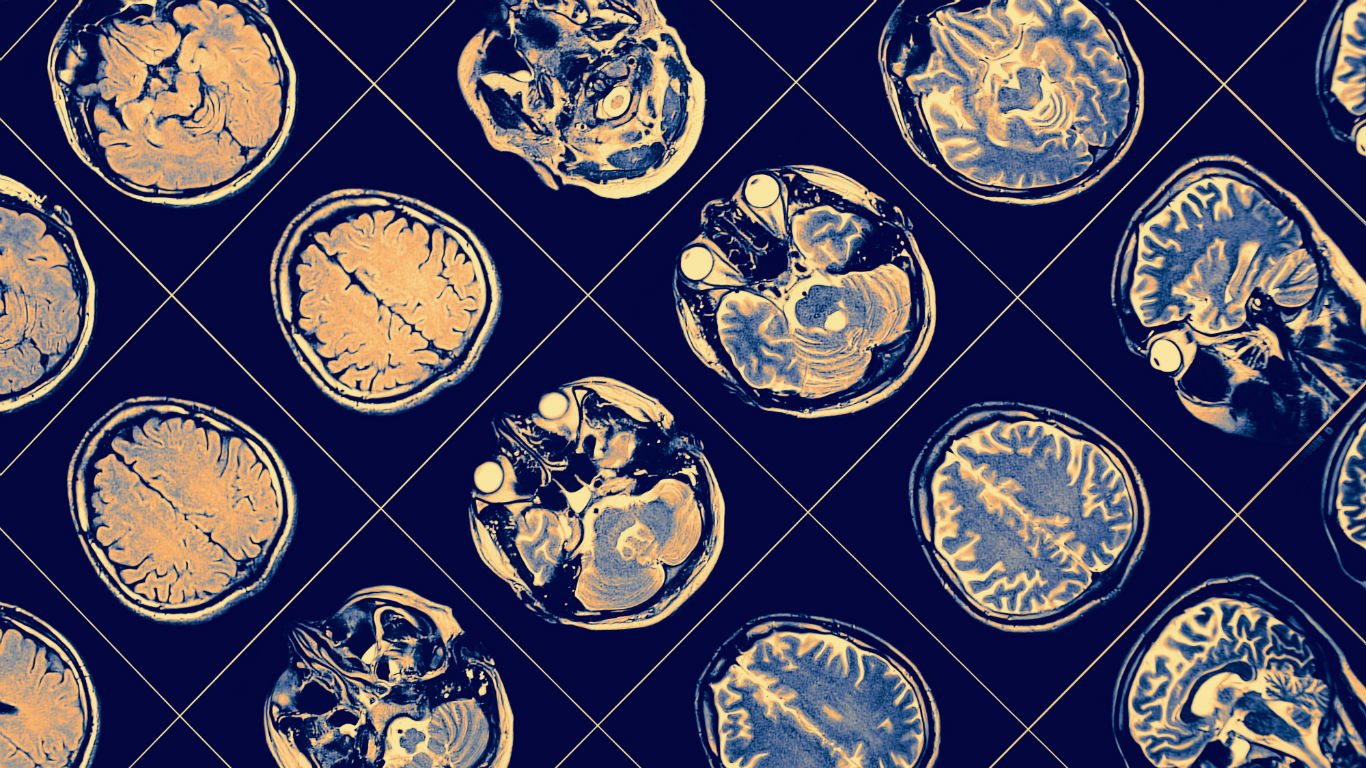
Neuroplasticity is the science word for your brain’s ability to adapt and change based on environmental factors and experiences. Younger brains typically have more neuroplasticity than older ones; “You can’t teach an old dog new tricks” and whatnot.
Aging causes the brain to degenerate over time and lose its neuroplasticity, which causes neurological diseases like Alzheimer’s. However, new research suggests that introducing additional cannabinoids to the endocannabinoid system can be neuroprotective in older brains, preventing the brain from degenerating as quickly and severely.
Improve Neuroplasticity
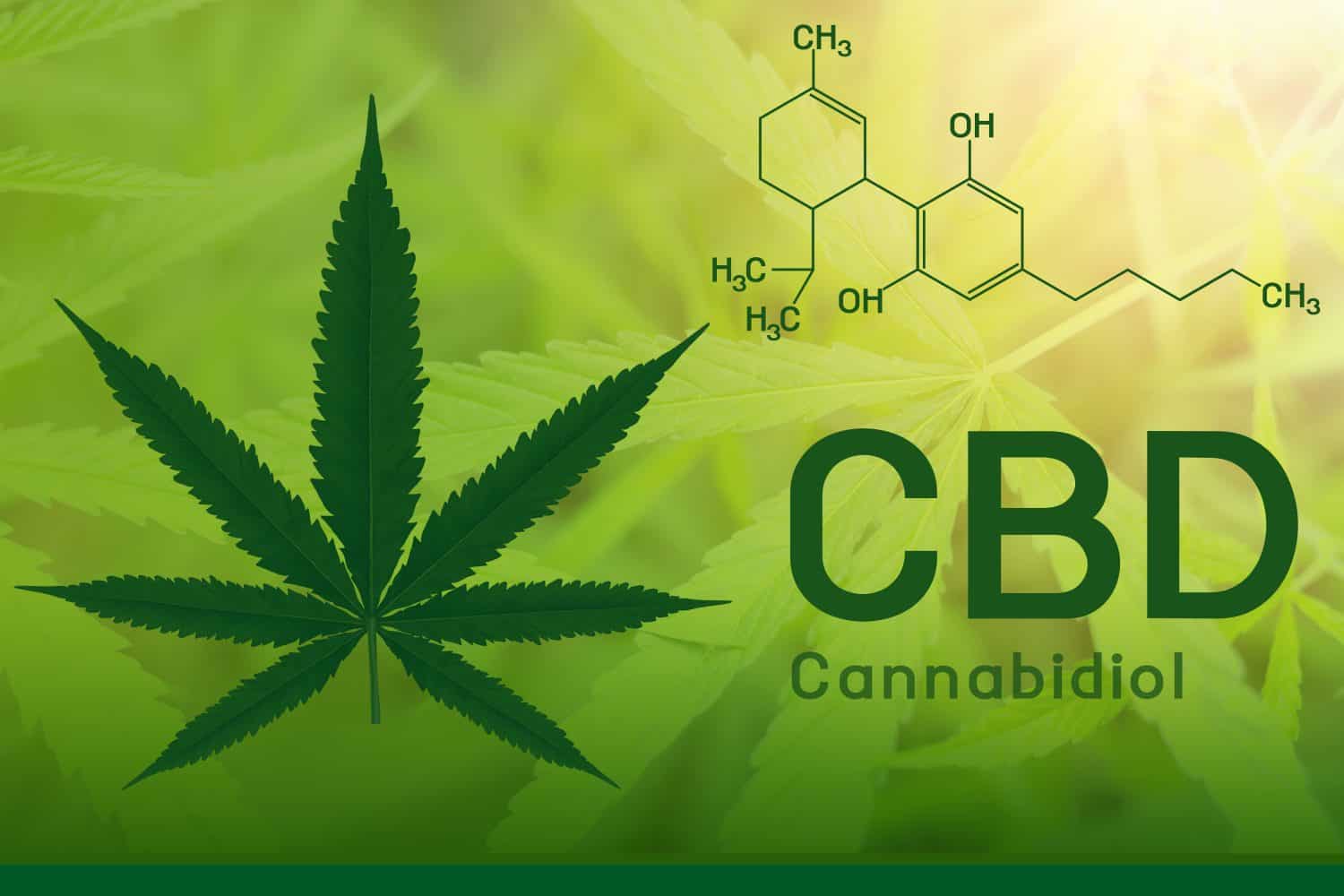
The science is still new, but we have some additional research on the effects of cannabinoids on brains with different conditions that support the idea that the use of cannabis by certain types of brains is effective at protecting or even reversing the damage.
Firstly, one study showed that introducing additional cannabinoids to older brains reduced the number of plaque proteins in the brain, which are the chief cause of Alzheimer’s disease. Another study on the effects of cannabinoids in brains that suffered various injuries, including traumatic brain injuries, showed that the cannabinoids protected the neurons in the brain and improved cognitive function.
Participants in the second study showed that the use of cannabis increased neurobehavioral function and improved the patients’ working memory performance. In limited studies, we were able to see that there is a potential that cannabinoids may promote neurogenesis, the process by which the brain creates more brain cells, another thing that tends to decrease with age. However, we know that in younger brains, cannabis is typically harmful, and unregulated use can cause a lifelong decrease in cognitive function.
Reduce Pain

One of the stages that cannabis has repeatedly performed well on is pain reduction. Cannabis users with chronic pain often report that their pain is reduced when using cannabis with fewer side effects than traditional painkillers. As we mentioned above, the endocannabinoid system has some control over your body’s inflammation and pain responses.
When cannabinoids are introduced to the endocannabinoid system, they can lower inflammation and suppress your pain receptors. They’re not as strong as opioid medications, meaning the pain suppression is not as great. However, this can be good because suppressing your body’s pain receptors can cause you to fail to treat pertinent issues because your body cannot feel something is wrong. If cannabinoids can bring your pain to a manageable level without reaching that point, there is a huge draw to them.
Reduce Pain
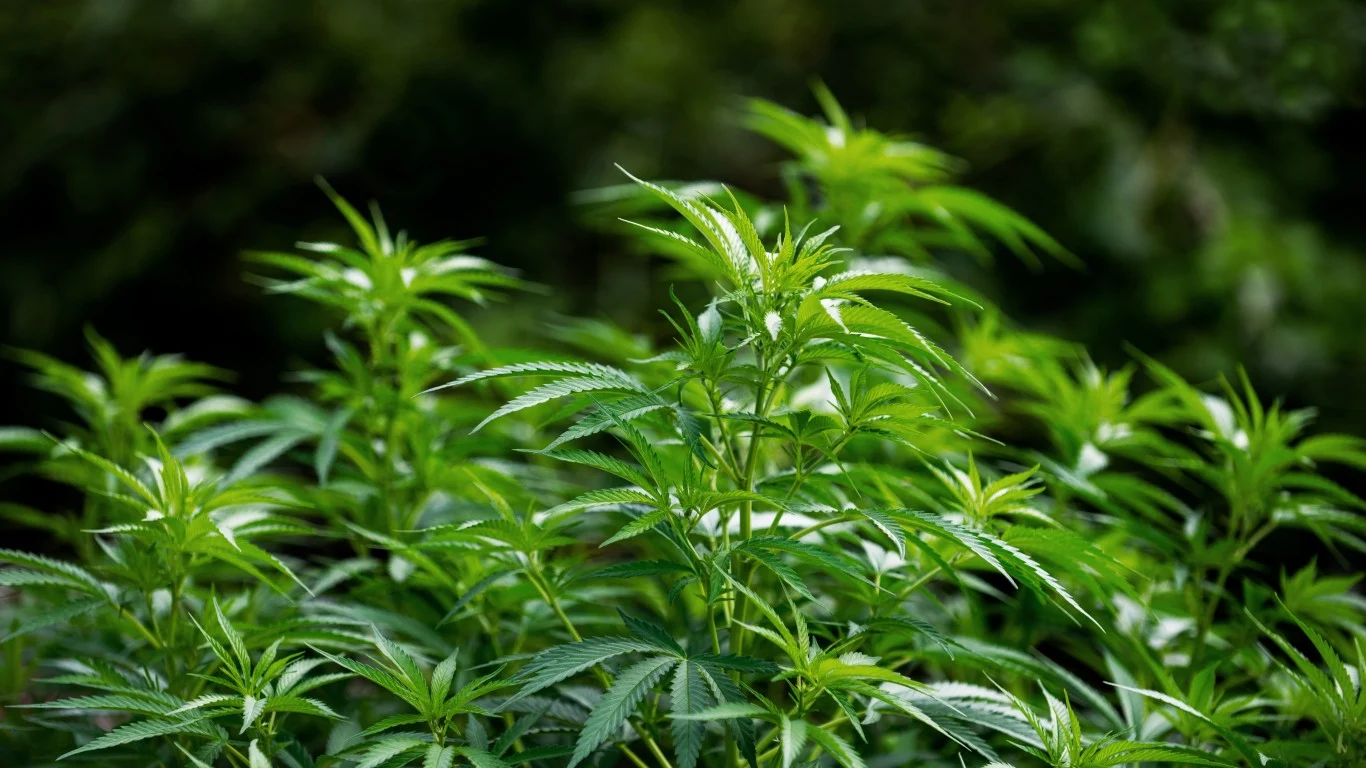
There have been several studies aimed at investigating how effective cannabis is at pain relief and comparing its effects with other common pain relievers. One study of over 900 people with chronic pain discovered that 75% of them reported pain relief as the main benefit of cannabis use. Another study showed that when a patient with severe pain was given cannabis, their reliance on opioid pain relievers was reduced by up to 60%. However, some studies show that, in certain people, cannabis use may actually increase the amount of pain they’re in.
Currently, practitioners can recommend medical cannabis for pain in people with nerve disorders or damage, multiple sclerosis, and rheumatoid arthritis. The pain relief of cannabis is also helpful to people undergoing chemotherapy.
Reduce Muscle Spasms

Unfortunately, there isn’t much peer-reviewed literature on the effects of cannabis on muscle spasticity. However, tons of anecdotal evidence seems to point to, at a minimum, that patients who present with muscle spasms experience some type of relief from their symptoms when using cannabis or cannabis-derived medications.
An anecdotal survey of multiple sclerosis patients—a condition that typically presents with muscle spasms—showed that 21 out of 43 respondents reported that marijuana reduced their muscle spasms. In a survey of 112 regular marijuana users who also had multiple sclerosis, almost every respondent said that marijuana reduced their muscle spasms and pain.
Reduce Muscle Spasms

There is also some limited evidence that marijuana can reduce muscle spasticity in rodents, which is usually one of the first necessary parallels for human clinical trials. One study found that rodents became more animated when given low doses of cannabinoids, but higher doses reduced their muscle activity. Unfortunately, testing the effects of cannabis on different conditions is difficult to get funding for as the substance is still illegal at the federal level.
However, no clinical trials on the effects of cannabis on muscle spasms have been conducted. There have been a few clinical trials that involved participants who presented with muscle spasticity in their illnesses. However, these studies didn’t perform any actual objective testing on the prevalence of muscle spasticity before and after the dose of cannabinoids. They focused on how cannabinoids affected things like balance and reflexes instead. Still, even in these trials, patients continued to report that they felt a reduction in muscle spasms, or that the cannabis provided relief from the symptom.
Improve Sleep Quality

Cannabis plants contain hundreds of active compounds, the most well-known being delta tetrahydrocannabinol-9 and cannabidiol, casually known as THC and CBD respectively. These compounds still need more research on their long-term effectiveness for sleep regulation. However, the limited available research shows that they have good effects on a person’s sleep cycle in the short term.
THC typically acts as a sedative. When introduced to the human body, it makes you sleepy. However, people who are new to cannabis use might experience a stimulating effect from it for a while. High doses of THC are also observed to act as a stimulant. CBD on the other hand typically promotes alertness at lower doses and sedation at higher doses. Both CBD and THC can have benefits for people with chronic conditions that interfere with sleep, both through sedation and improving other symptoms, such as pain, that might interfere with one’s ability to sleep well.
Improve Sleep Quality
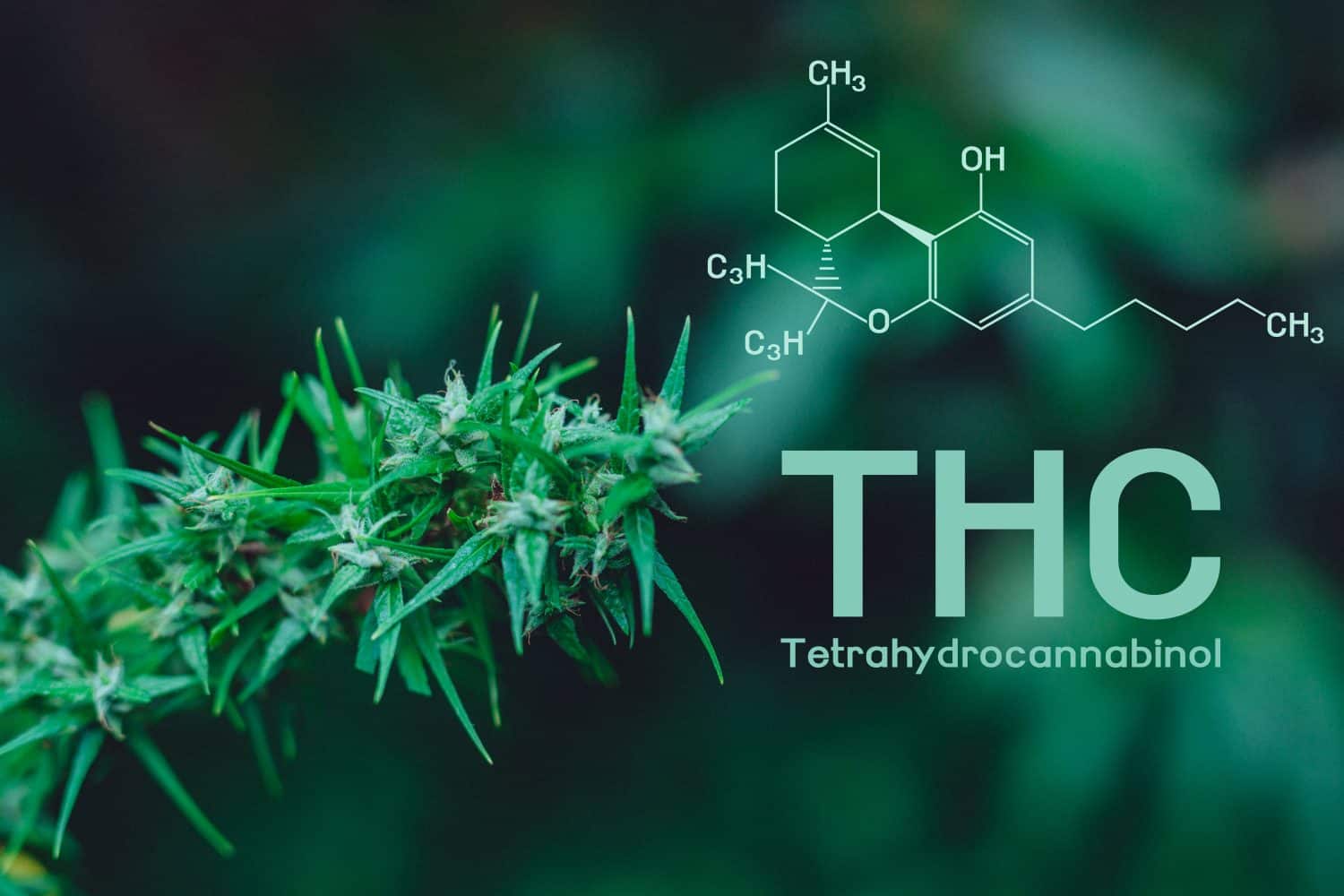
Cannabis has shown promise in treating a variety of conditions that impact a person’s ability to sleep. THC is shown to reduce the impact of obstructive sleep apnea and reduce the frequency of PTSD-related nightmares, which can improve sleep. CBD, on the other hand, is shown to reduce symptoms of REM sleep behavior disorder and excessive daytime sleepiness.
However, some studies show a negative long-term impact on sleep from cannabis use. Additionally, insomnia and sleep disturbances are common symptoms of cannabis withdrawal. So, if a patient who is being treated with cannabis becomes unable to access it, their sleep disturbances may be exaggerated during the withdrawal.
Increase Appetite and Decrease Malignant Weight Loss

While many people are aware of the dangers of weight gain and lack of exercise, losing too much weight or losing it the wrong way can also be extremely dangerous. Loss of appetite and malignant weight loss can be a result of several severe disorders and even a side effect of certain treatments for ailments, like chemotherapy. Cannabis exposure is well-known for causing “the munchies”, where a person will consume the drug and then suddenly become voraciously hungry. However, until recently, scientists didn’t know why that happened.
Increase Appetite and Decrease Malignant Weight Loss

When your stomach is empty, it releases a hormone called “ghrelin” which tells your brain that your stomach is empty and you need to eat. Cannabis exposure can cause your body to release a sudden surge of ghrelin, shifting your brain into ‘hungry’ mode. However, in trials with rats, when given a drug that suppresses ghrelin before taking cannabis, the rats no longer became insatiably hungry following the dosing of cannabis. Additionally, when exposed to cannabis, we observed that the patient’s meal schedule changed. Rather than eating three medium-to-large meals a day, cannabis patients preferred to eat several small meals throughout the day.
Scientists hope to use this research to improve treatments for illness and medication-induced anorexia. While we have relatively effective appetite stimulants for these situations, they often come with unpleasant side effects and risks that aren’t present with cannabis. Switching patients to a more controlled ghrelin release using cannabis could help improve their appetites and reverse unhealthy weight loss while reducing the side effects of an already sick patient.
Reduce Severity of Tic Disorders
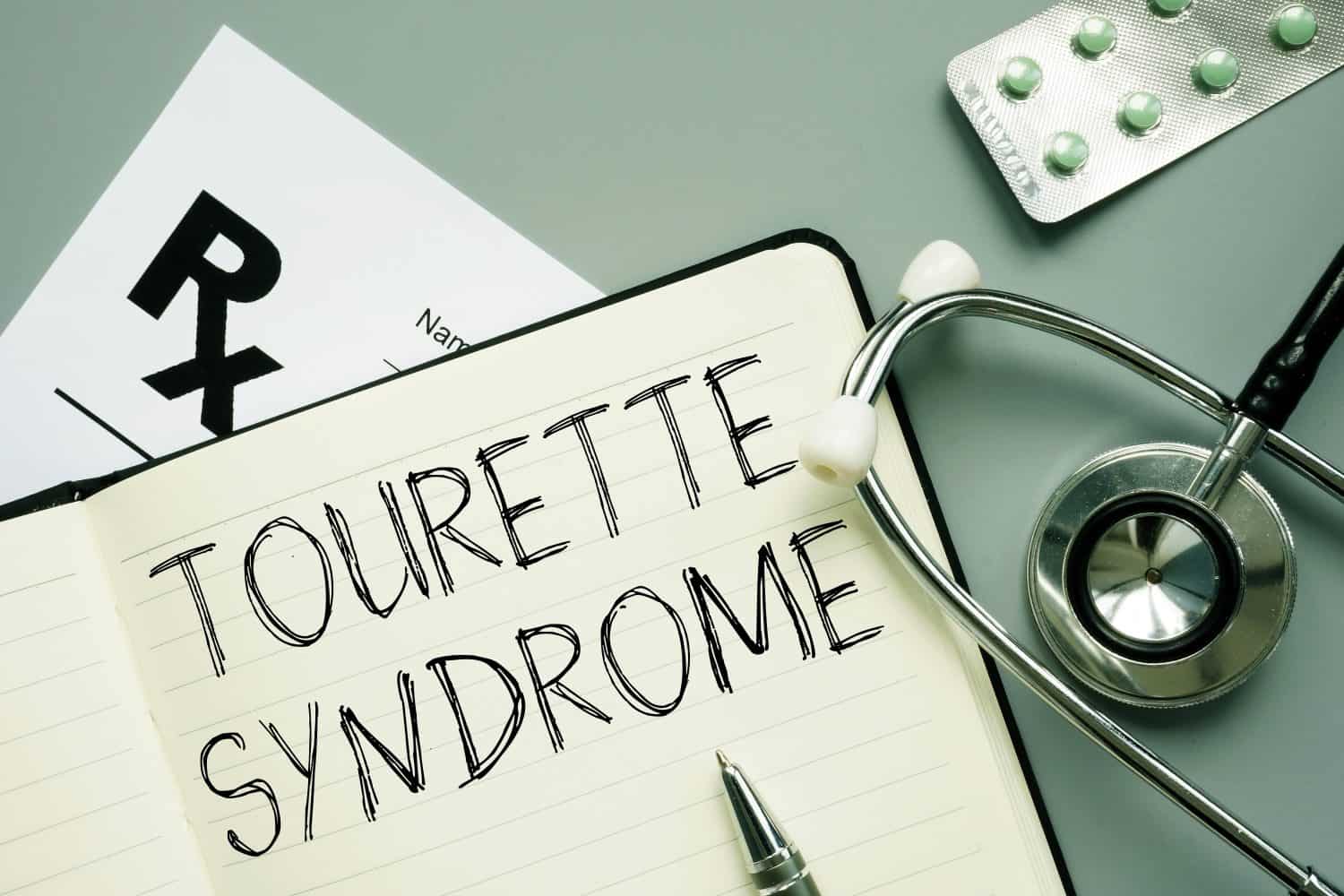
While many people think that tic disorders like Tourette syndrome are rare, they’re actually pretty common, with the combined prevalence of tic disorders and Tourette syndrome itself occurring in about 1 in 100 people. That means, if you took a rush-hour train, you probably walked past someone with Tourette syndrome.
Cannabis has shown a lot of promise for treating people with Tourette syndrome. However, scientists haven’t studied the effects of cannabis enough yet. We need to run more clinical trials before we can safely implement it as a standard treatment.
Reduce Severity of Tic Disorders
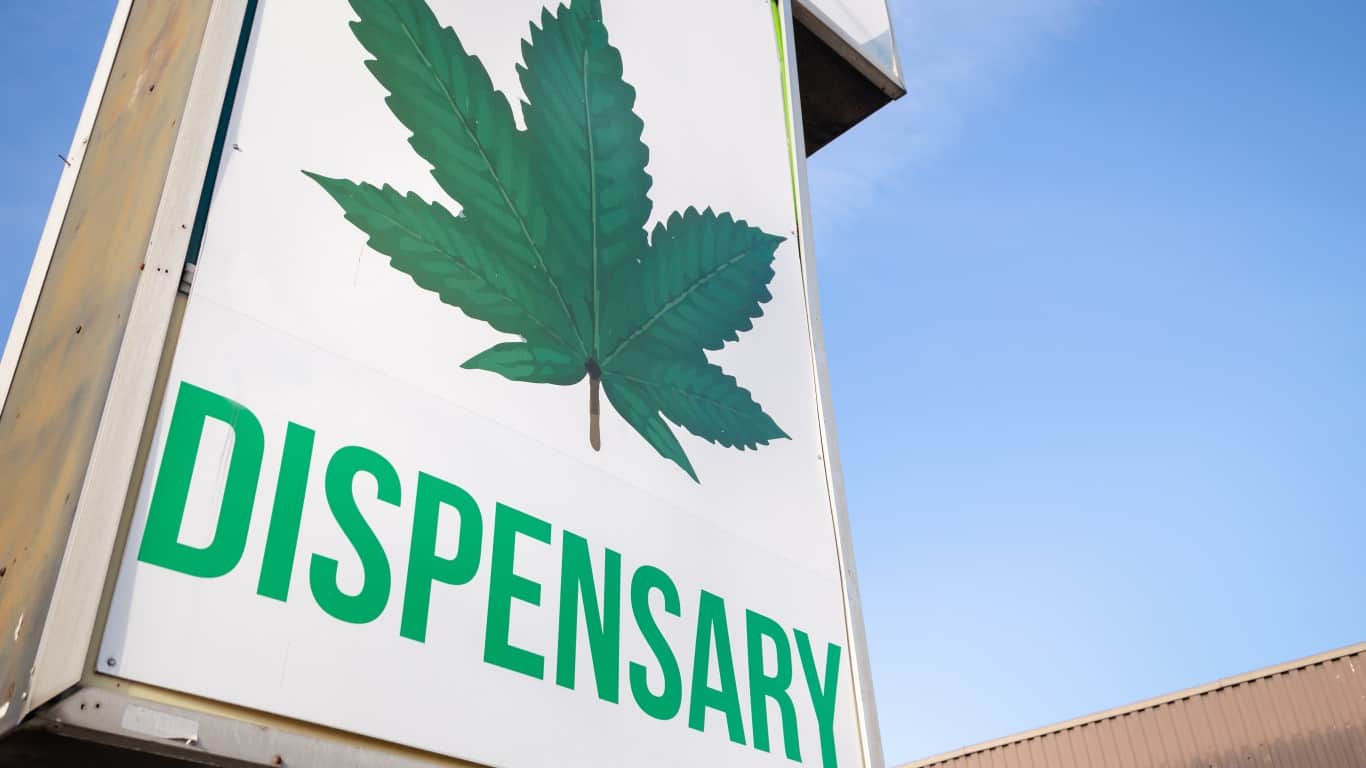
Like most studies on cannabis, we only have limited research on the effectiveness of treating tic disorders with cannabis. The federal status of cannabis makes it hard for researchers to get access to funding to investigate it. However, a limited study of 19 adults with Tourette syndrome showed marked improvement in their symptoms when treated with cannabis.
After taking cannabis, their tic scores decreased by about 60%, which is pretty good. In some cases, where the patient’s tics are not severe or life-altering, it may not be worth it, but for people with tics that can be dangerous to themselves, a treatment like this that is effective could be very helpful.
Eighteen of the 19 adults in this study ranked their symptoms as “much improved” after using cannabis treatments. Additionally, the cannabis was generally well-tolerated by the patients. However, some reported side effects in line with typical cannabis use. The results of this study indicate that more testing should occur, as cannabis treatments clearly hold the potential to improve the lives of people with tic disorders.
Reduce Anxiety

The effects of cannabis on anxiety are a subject of hot debate. Studies have shown marijuana to have both anxiogenic (creates anxiety) and anxiolytic (reduces anxiety) effects. Previous studies done in this area concluded that habitual cannabis use was correlated with anxiety disorders and suggested that cannabis was the cause.
However, new science suggests that studies showing an anxiogenic effect of cannabis might have incorrectly concluded causality between them. Instead, the newer reviews of these studies suggest that people with severe anxiety are more predisposed to self-medicate with cannabis, rather than the cannabis being the cause of their anxiety in the first place. In other words, people with anxiety disorders are more likely to self-medicate their condition with cannabis, causing a high rate of habitual use in people with anxiety disorders instead of habitual use of cannabis causing people to become anxious.
Reduce Anxiety
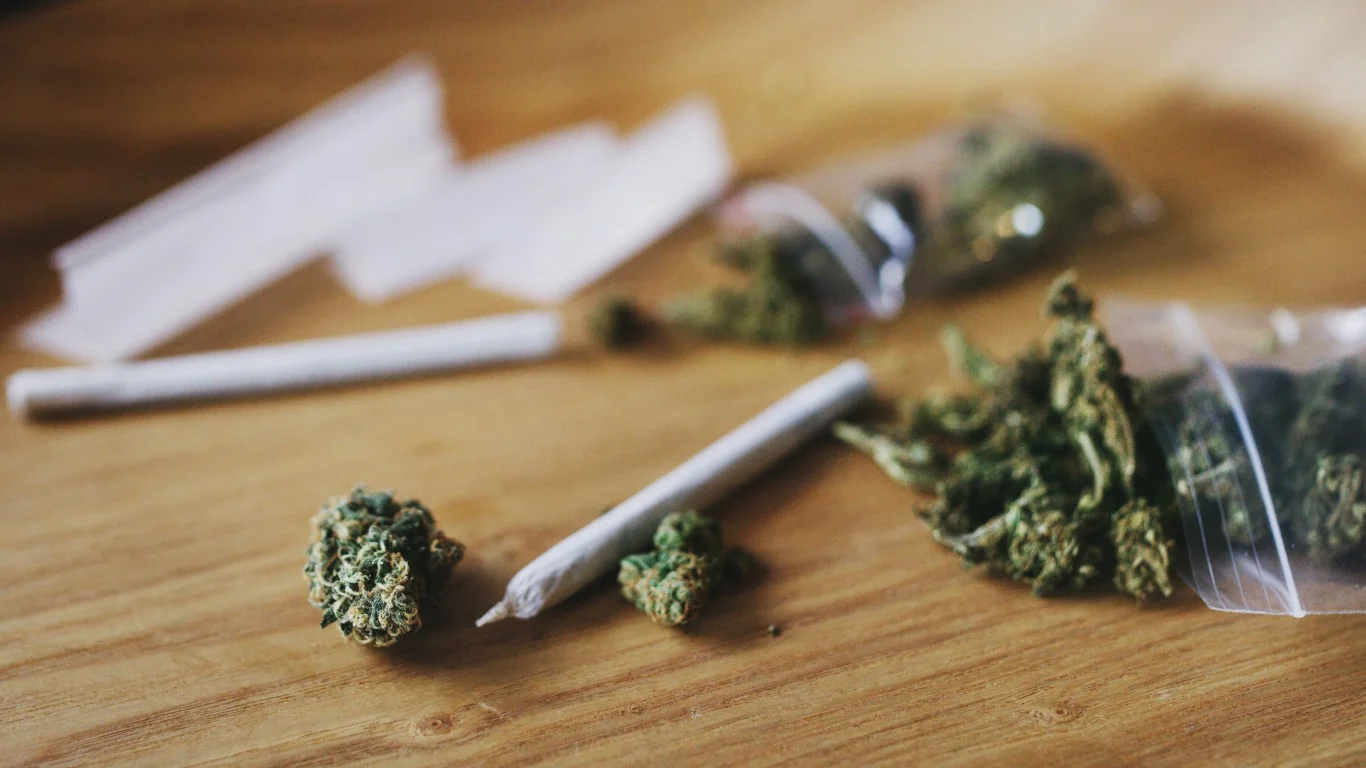
In this case, there is a clear correlation between anxiety disorders and cannabis use. However, the mistake previous studies made was the direction of the correlation and the conclusion of causality. In some sense, it may have been a personal bias on the part of the researchers, as cannabis use was illegal, and there was a large amount of propaganda spreading about its effects.
Additionally, marijuana does make some people experience paranoia while under the influence. So, the researchers incorrectly concluded the high rate of cannabis use among anxious people was the cause of their anxiety. However, the new review of those studies supports the self-medication theory instead. Cannabis use provided the participants relief from their symptoms. So, they were more likely to use and use regularly to help control their anxiety.
Improve PTSD Symptoms

Another area where marijuana has shown huge potential is the treatment of PTSD. Post-Traumatic Stress Disorder is when the brain reacts to a traumatic occurrence, causing the person to experience symptoms such as reliving the experience, flashbacks, nightmares, and severe anxiety. These symptoms vary in severity, but severe cases of PTSD can be debilitating, cause immense distress, and impact the person’s well-being. In limited trials, cannabis scientists have associated cannabis with an overall lessening of PTSD symptoms and an improved quality of life for patients.
As we mentioned above, one of the primary features of cannabis treatments for PTSD is lessening the amount of disturbing nightmares the patient has. No one enjoys having disturbing nightmares. However, horrifying nightmares about reliving the traumatic experience become a normal part of having PTSD after a while. Cannabis treatments can lessen the occurrence of these nightmares, even to the point where the patient is no longer having unpleasant dreams. This can improve the patient’s sleep quality and overall quality of life greatly.
Improve PTSD Symptoms

Cannabis use can also lessen the impacts of anxiety, which is another hallmark symptom of PTSD. Severe anxiety can have major impacts on a person’s overall ability to perform the necessary tasks of life. If that anxiety is social, it can not only impact life tasks but also create a deep sense of loneliness. Lessening anxiety can help a person with PTSD comfortably navigate the necessities of life.
Another drug scientists are testing for efficacy in treating PTSD that might surprise you is MDMA or molly. Like marijuana, research on MDMA treatments has limits due to its federal legality status. However, trials have been promising, with MDMA treatments reducing patients’ symptoms to the point where they no longer qualified for their PTSD diagnosis.
Controlling Vomiting

One of the most difficult side effects of chemotherapy is vomiting. Not only can chemotherapy suppress someone’s appetite, causing them to lose weight, but it can also cause them to vomit when they do eat. These combined symptoms can cause severe and dangerous weight loss in patients who are already very sick and need to have all the strength they can get to heal.
The secret lies in the endocannabinoid system. CB1 receptors can influence vomiting. Agonism, or when a compound binds to a receptor, suppresses vomiting. Inverse agonism, or when a compound similar to an agonist binds to a receptor but causes an opposite effect to the agonist, promotes vomiting. Thus, by introducing an agonist to the CB1 receptors, we can reduce the vomiting experienced by patients with chronic vomiting via the endocannabinoid system.
Controlling Vomiting

Preclinical research shows that CBD may be effective for treating both nausea and vomiting produced by chemotherapy and other therapeutic treatments that cause vomiting. There haven’t been many clinical trials on humans. However, when studying animals that have the capacity to vomit (not all animals can vomit), we were able to see the anti-emetic effects of cannabis in multiple species. These preliminary animal trials allow us a glimpse into the treatment effectiveness of marijuana on vomiting, and they are promising. (Next, read up on The Oldest Marijuana Dispensaries in the US.)